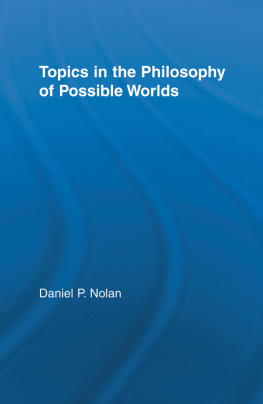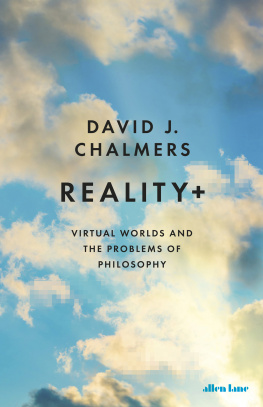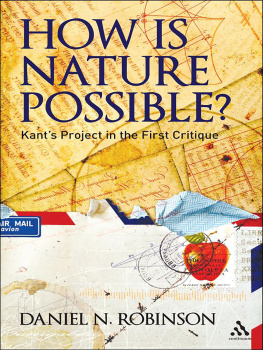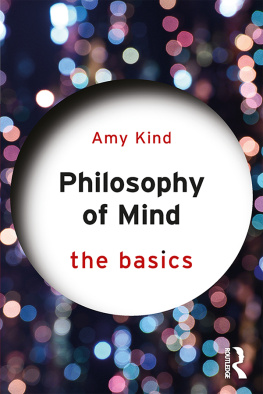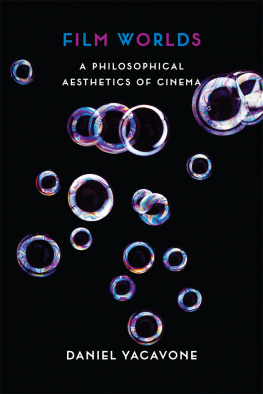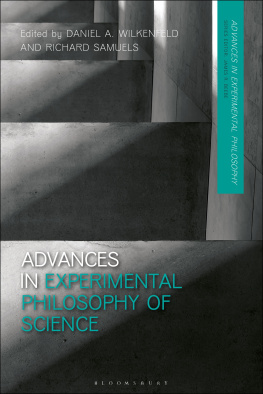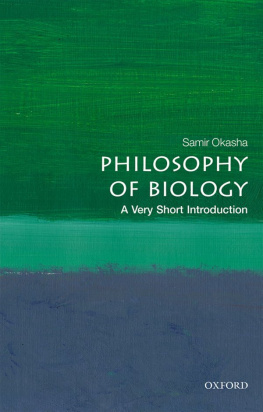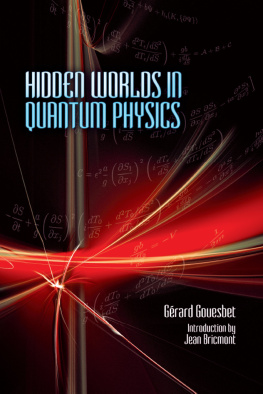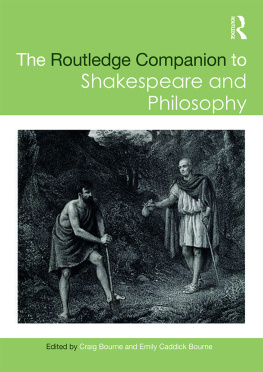
OTHER BOOKS IN THIS SERIES:
INTUITION AS EVIDENCE
Joel Pust
TELEOLOGY AND THE
NORMS OF NATURE
William J. Fitzpatrick
PROBLEMS OF COMPOSITIONALITY
Zoltan Gendler Szabo
LOGIC AND LANGUAGE IN
WITTGENSTEINS TRACTATUS
Ian Proops
THOUGHT EXPERIMENT
On the Powers and Limits
of Imaginary Cases
Tamar Szabo Gendler
BETWEEN DEFLATIONISM
AND CORRESPONDANCE THEORY
Matthew McGrath
THE RELEVANCE OF PHENOMENOLOGY
TO THE PHILOSOPHY OF
LANGUAGE AND MIND
Sean D. Kelly
RISK, AMBIGUITY AND DECISION
Daniel Ellsberg
THE EXPLANATIONIST DEFENSE OF
SCIENTIFIC REALISM
Dorit A. Ganson
NEW THOUGHTS ABOUT OLD THINGS
Krista Lawlor
ESSAYS ON SYMMETRY
Jennan Ismael
DESCARTES METAPHYSICAL REASONING
Roger Florka
ESSAYS ON LINGUISTIC CONTEXT
SENSITIVITY AND ITS PHILOSOPHICAL
SIGNIFICANCE
Steven Gross
NAMES AND NATURE IN PLATOS
CRATYLUS
Rachel Barney
REALITY AND IMPENETRABILITY IN
KANTS PHILOSOPHY OF NATURE
Daniel Warren
FREGE AND THE LOGIC OF SENSE
AND REFERENCE
Kevin C. Klement

Published in 2002 by
Routledge
711 Third Avenue, New York, NY 10017
Published in Great Britain by
Routledge
2 Park Square, Milton Park, Abingdon, Oxfordshir e OX14 4RN
First issued in paperback 2011
Routledge is a member of the Taylor & Francis Group.
Copyright 2002 by Daniel P. Nolan
All rights reserved. No part of this book may be reprinted or reproduced or utilized in any form or by any electronic, mechanical, or other means, now known or hereafter invented, including photocopying and recording, or in any information storage or retrieval system, without written permission from the publishers.
10 9 8 7 6 5 4 3 2 1
Library of Congress Cataloging-in-Publication Data
Nolan, Daniel Patrick, 1972-
Topics in the philosophy of possible worlds / Daniel Patrick Nolan.
p. cm. (Studies in philosophy)
Includes bibliographical references and index.
1. Modality (Logic) 2. Possibility. I. Title. II. Studies in philosophy (New York, N.Y.)
BC199.M6 N65 2001
160 dc21 2001031769
ISBN13: 978-0-815-34051-5 (hbk)
ISBN13: 978-0-415-51630-3 (pbk)
ISBN13: 978-1-135-72821-2 (ePub)
For My Family
This book is based upon my PhD thesis of the same title, submitted at the Australian National University early in 1997. It is mostly unchanged: I have modified some sections in the light of examinerscomments and other feedback, reworded some other sections for what I hope will be greater clarity, and added some references to a few more important pieces of literature which touch on my discussion. Nonetheless, the arguments and conclusions remain substantially the same, for better or for worse, and the presentation is still more that of a thesis than a monograph.
I have been fortunate in being able to discuss many of the issues in this work with many people who had interesting and useful things to say (though they should not be considered to blame for the views I will express!). There is the debt of gratitude to Peter Menzies and Frank Jackson, my supervisors, and the others who at one time or another were on my supervisory panel: Graham Oppy, Philip Pettit and Greg Restall. I also have benefited from discussions with other staff, students and visitors to the ANU, especially David Armstrong, James Chase, John Hawthorne, Cathy Legg and Timothy Williamson, and of course many others. I have also received much useful feedback from audiences at conferences and seminars, and I thank all those who have contributed. Finally, thanks to the examiners of this thesis, John Bigelow, Alan Hazen and David Lewis, for their kind words and useful comments.
Thanks to Europa Malynicz for compiling the index.
Substantial sections of Chapter Four and Chapter Six have been published in Philosophical Studies as Three Problems for Strong Modal Fictionalism 1997 87.3 pp 259-275 and Recombination Unbound 1996 84.2-3 pp 239-262 respectively: that material appears here with kind permission from Kluwer Academic Publishers.

I began work on this project hoping to provide a satisfactory and correct account of both the nature and function of modality, and its relation to possible worlds in short, to solve all of the outstanding problems in the philosophy of modality, including the questions about the existence and nature of possible worlds. Unsurprisingly, a project which has been pursued for decades by many of the important figures of twentieth century philosophy was not one which I was able to complete in a few dozen months. Instead, I have settled for chipping away at various of the challenges and exploring some of the options available, and I will be happy if I have been able to make some progress in a vast field in which so much has been done and in which so much remains to be done. I will not purport to produce something that could be the final word on the topic of the nature of modality and possible worlds and their connections with other important issues but progress in such areas is not an unworthy goal, and I have some hope that I have achieved it.
In each of the chapters of this work I will address a problem in the philosophy of possible worlds. In this introduction, however, I will seek to put these somewhat isolated projects in the context of an overall approach to modality and possible worlds. The chapters do not rely on features of this general approach even if my overall attitudes to this area were completely misguided I hope that the chapters could still stand alone as contributions to the discussion of the issues they are concerned with. There is a certain amount of independence in the other direction as well: the general approach I favour could still be followed even if the conclusions reached in the following chapters were incorrect. Fortunately, however, there does not need to be necessary dependence in either direction for a general strategy to help motivate specific investigations, nor for the outcome of specific investigations to lend support to an overall approach. The chapters of this work are only fragmentary parts of what I hope will become a more fully developed research program, but I hope that they are a good start. I do not here intend to provide a general defence of the views I will set out as constituting my general philosophical position: general defences of each of many of these views would be books in themselves, and I have chosen to write this book rather than any of them. The next section of this introduction, then, will outline my general approach and explain how the chapters to follow are to be seen in the context of that approach.
I am a metaphysical actualist about modality, in at least two senses. The first is that I think that the modal truths (or facts, or what-have-you) are true in virtue of the universe we live in the actual world or sections thereof, at least. This is a controversial position, but one shared by many. The second way in which I am an actualist is more radical I suspect (believe/hope/wish) that the modal truths, and the truths about possible worlds, can be perspicuously explained in terms of things or states of affairs in the actual world that can be characterised in non-modal terms some interesting reduction of the modal into the non-modal is available. This is a view shared by few, and I disagree with most of them. I do not agree with any of the plethora of idealists, conventionalists or constructivists who are among the most prominent holders of such a view.
Next page
